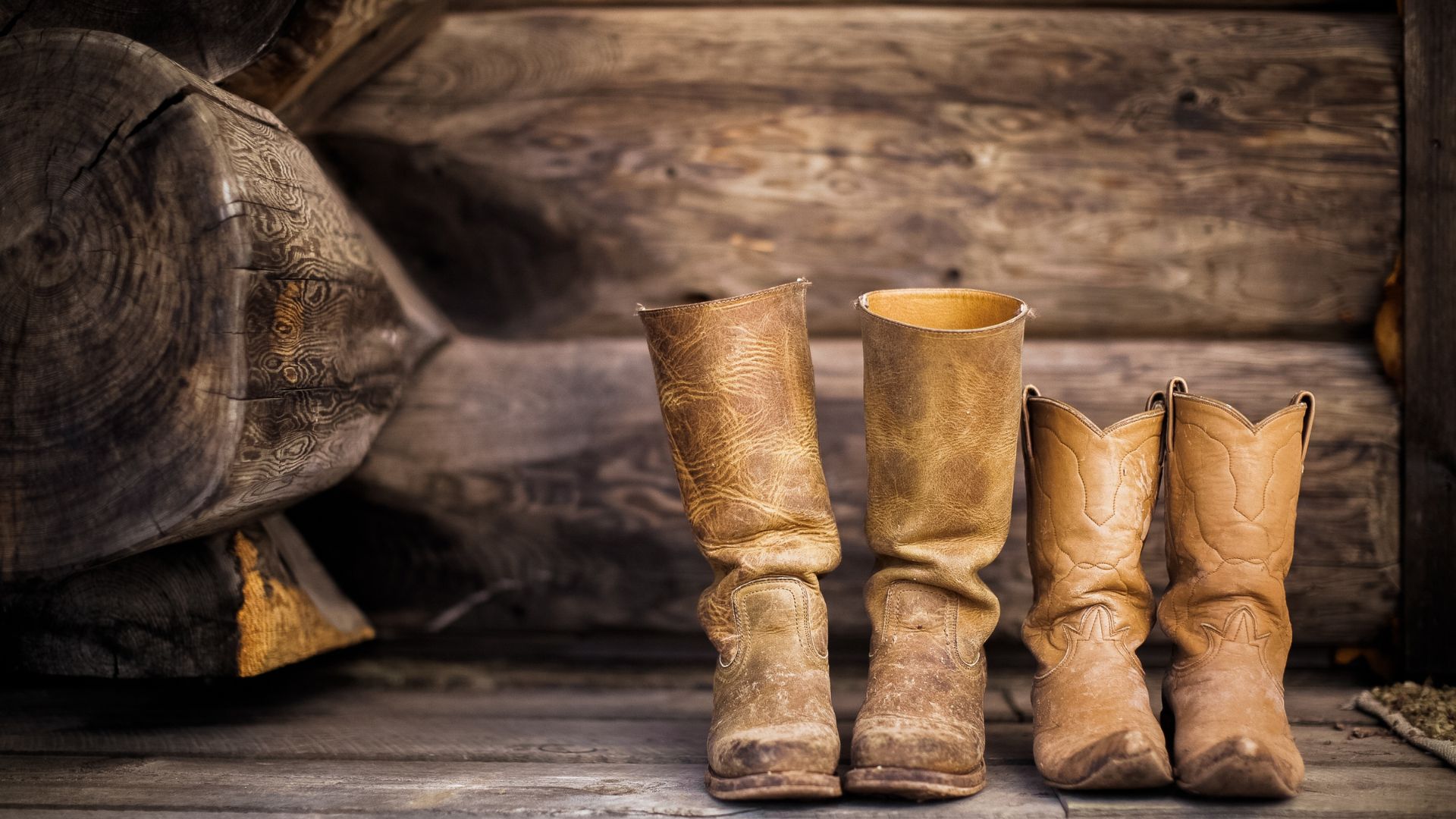Lifestyle
How to Properly Clean and Condition Leather Boots

Leather boots are a wardrobe staple that combine style, durability, and functionality. Whether you’re wearing them for work, casual outings, or outdoor adventures, regular care is essential to ensure they stay looking their best and last for years. Properly cleaning and conditioning your leather boots not only enhances their appearance but also helps maintain their structural integrity. Here’s a step-by-step guide to keeping your leather boots in top shape.
Step 1: Gather Your Supplies
Before you begin, make sure you have the following items:
- A soft brush or cloth
- Leather cleaner or mild soap
- A clean, damp cloth
- Leather conditioner
- A dry, lint-free cloth
- Optional: Waterproofing spray for added protection
Step 2: Remove Dirt and Debris
Start by removing any loose dirt and debris with a soft brush or cloth. Pay attention to the seams and crevices where dirt can accumulate – this step is crucial, as it prevents dirt from being rubbed into the leather during cleaning, which could cause scratches.
Step 3: Clean the Leather
Apply a small amount of leather cleaner or a mixture of mild soap and water to a clean, damp cloth. Gently rub the cloth over the surface of the boots, working in circular motions. Avoid soaking the leather, as excessive moisture can cause damage. Once cleaned, wipe off any excess cleaner with another damp cloth and allow the boots to air dry naturally, away from direct sunlight or heat sources.
Step 4: Condition the Leather
Leather, like skin, needs hydration to prevent it from drying out and cracking. Apply a high-quality leather conditioner to a dry, lint-free cloth and rub it into the leather using small, circular motions. Focus on the areas that experience the most wear, such as the toe box and heel. Allow the conditioner to absorb fully before buffing the boots gently with a clean cloth to restore their shine.
Step 5: Protect and Maintain
For added protection, consider applying a waterproofing spray designed for leather. This step is particularly useful if you often wear your boots in wet or muddy conditions. Regularly repeating these steps will help your boots remain in excellent condition.
Bonus Tips for Longevity
- Always store your boots in a cool, dry place. Use boot trees or stuff them with newspaper to maintain their shape.
- Avoid exposing leather boots to extreme heat or moisture.
- If your boots are a wide fit and you value comfort, consider exploring options like the most comfortable boots for wide feet to ensure proper fit and support.
Why Regular Maintenance Matters
Cleaning and conditioning your leather boots not only enhances their aesthetic appeal but also prolongs their lifespan – neglecting proper care can lead to cracking, fading, and even structural damage. By incorporating these simple steps into your routine, you’ll ensure that your boots continue to provide comfort and style for years to come.
Take pride in your leather boots and enjoy the confidence that comes with well-maintained footwear. Whether you’re stepping out in the city or venturing into the great outdoors, your boots will thank you for the care and attention.
Lifestyle
Enhance your natural beauty with Paula Shuster at Ace Aesthetics

At Ace Aesthetics, founded by Nurse Practitioner Paula Shuster in NYC, the philosophy revolves around celebrating your unique beauty—imperfections and all. Their approach centers on enhancing what makes patients beautiful, not chasing beauty trends.
Services include Botox, dermal fillers, and revitalizing IV drips that enhance skin glow and boost energy levels. Shuster’s team also offers chemical peels for a brighter complexion, targeting issues like teenage and adult acne scarring and melasma. Additional treatments such as microneedling, PRP, and hair restoration are also available. With in-home appointments complementing their boutique locations, Shuster’s team delivers high-end luxury care throughout New York and now New Jersey. These services, combined with Shuster’s expertise, help patients achieve a naturally refreshed, youthful appearance that radiates confidence while preserving individuality.
Their signature treatment? Paula specializes in “facial balancing,” a technique that uses strategic filler placement to subtly enhance and harmonize facial features. With expert technical precision, she finesses a lifted and refreshed appearance. Focused on subtle enhancements that smooth fine lines and wrinkles, restore lost volume, and enhance facial symmetry.
Helping patients achieve this through a custom-tailored approach and in-depth consultations. Ensuring a thorough understanding of each client’s goals and concerns. These consultations involve detailed facial anatomy mapping, paving the way for personalized treatment plans that minimize risks and maximize desired outcomes.
Her dedication extends beyond her own practice. As a sought-after trainer, she educates medical professionals across the country on safe and effective aesthetic injection techniques. This commitment to continuous learning guarantees that clients receive the most up-to-date and innovative treatments available.
If you’re seeking an aesthetic journey that enhances your existing beauty, prioritizes safety, and fosters lasting confidence, look no further than Paula Shuster at Ace Aesthetics. Follow their practice on Instagram ( @_aceaes_) and (@paulashuster.nyc) or visit their website (aceaes.com) to learn more.
-

 Tech4 years ago
Tech4 years agoEffuel Reviews (2021) – Effuel ECO OBD2 Saves Fuel, and Reduce Gas Cost? Effuel Customer Reviews
-

 Tech6 years ago
Tech6 years agoBosch Power Tools India Launches ‘Cordless Matlab Bosch’ Campaign to Demonstrate the Power of Cordless
-

 Lifestyle6 years ago
Lifestyle6 years agoCatholic Cases App brings Church’s Moral Teachings to Androids and iPhones
-

 Lifestyle4 years ago
Lifestyle4 years agoEast Side Hype x Billionaire Boys Club. Hottest New Streetwear Releases in Utah.
-

 Tech6 years ago
Tech6 years agoCloud Buyers & Investors to Profit in the Future
-

 Lifestyle5 years ago
Lifestyle5 years agoThe Midas of Cosmetic Dermatology: Dr. Simon Ourian
-

 Health6 years ago
Health6 years agoCBDistillery Review: Is it a scam?
-

 Entertainment6 years ago
Entertainment6 years agoAvengers Endgame now Available on 123Movies for Download & Streaming for Free
